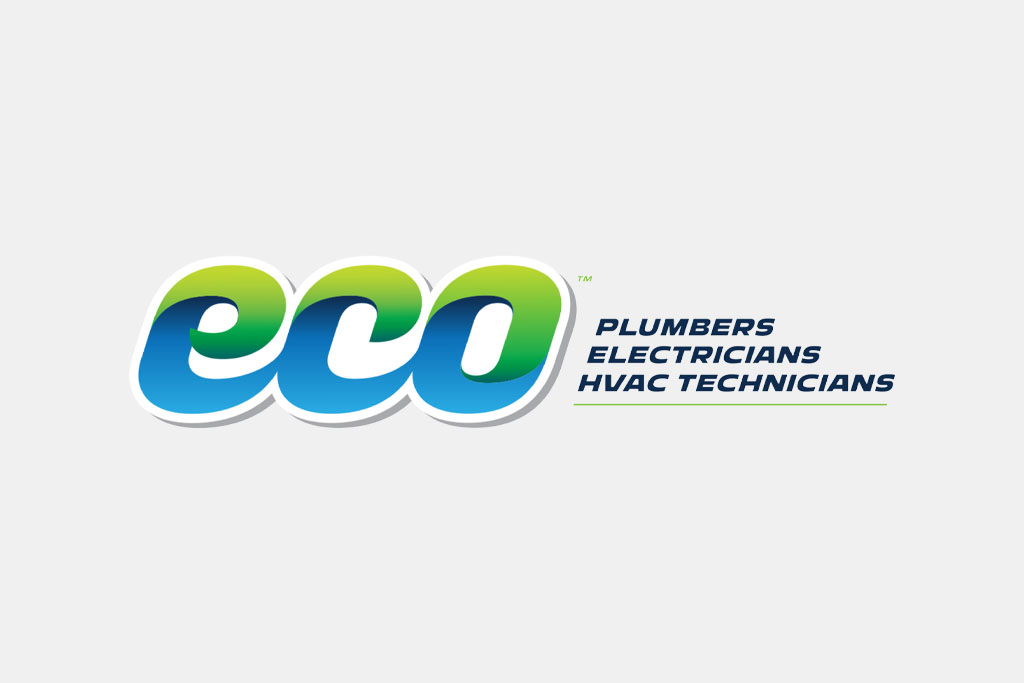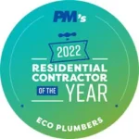Are you a chef? Do you like to spend hours in the kitchen with family and friends? Depending on how much you use the kitchen from day to day, you could be wasting a lot of money on water and electricity that could be saved with the right improvements. Moreover, making sustainable improvements to your kitchen will increase its value during a sale and help the environment.
If you’re considering a few eco-friendly upgrades to the kitchen, here are some places to start:
Add LED lighting
It isn’t easy to cook meals in a dark kitchen, which means keeping the lights on from the time preparation starts until the meal’s ready. With all that watt usage, why not save some money and light up the kitchen even more with LED lights? LED lighting is more energy-efficient than fluorescent bulbs, lasts longer and shines brightly without any buzzing or other annoying noises. By replacing the bulbs in the kitchen with LED, you can keep the lights on and pay a fraction of what it takes to keep everything lit.
Install Energy Star appliances
Appliances are a daily necessity in the kitchen for cooking and keeping food fresh. These appliances can use a lot of electricity, especially in the case of ovens and refrigerators. To save on electricity, invest in energy-efficient appliances that are certified by the Department of Energy. They will have the label Energy Star, as they have been approved to save energy by the federal government.
Upgrade your flooring and cut down on maintenance.
While it might not seem apparent at first, the type of flooring in your kitchen might not be as sustainable as you think. For example, hardwood flooring might look beautiful and endure fairly well, but its maintenance requires regular staining and possible refinishing of certain areas which releases emissions into the air of your home. You should consider an alternative flooring option like bamboo or certain types of tile that require less maintenance and cut down on emissions.
Replace your cabinets with green alternatives
Cabinetry endures a lot of wear and tear from years of opening and closing. To keep them in good shape, you may need to refinish or replace them. In such cases, you should consider installing energy-efficient cabinets made of bamboo, lyptus or wheat board. The production that goes into making these cabinets is less harmful to the environment, and they require less chemical maintenance than hardwood, plastic or metal cabinets. If you decide to paint them, do not use VOC paints as they have many chemicals that could release into the air on hot days.
Increase water efficiency in your sink
A sink can use a lot of water when you wash your hands, vegetables or meats during food preparation. If they have inefficient faucets, you run the risk of wasting tons of water which negatively impacts the environment and your community. To cut down on water usage and save money, replace the faucet in your sink with a low-flow option and also consider installing a sink that lasts longer and requires less maintenance.
Andrea Davis is the editor for HomeAdvisor, which helps homeowners find home improvement professionals in their area at no charge to ensure the best service in the shortest amount of time.













